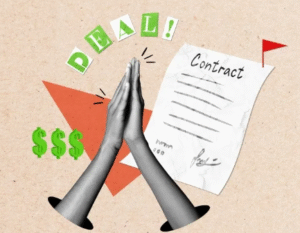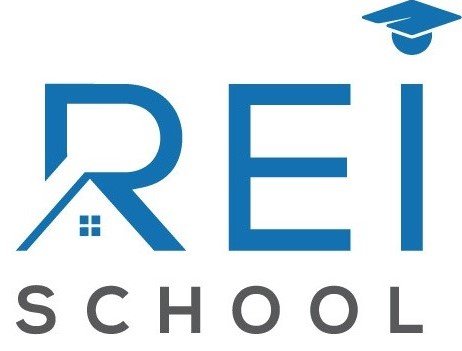September 15, 2025 | 3 Minute Read
Every week I receive unsolicited offers from my listings. Almost everyone offers a cash purchase with a seller financing option. While seller financing can be effective in the right circumstances, it often is not a good fit for most properties.
But, before we get into it, here’s a copy of the latest email I received this past weekend on one of my listings.

“I hope this letter finds you well. I am writing to express my sincere interest in purchasing this property. After careful consideration and thorough evaluation of the property, I am prepared to make a two formal offers to purchase under the following terms:
Offer 1 – Cash:
• Cash Offer: $85,900
Offer 2 – Seller Financing:
• Purchase Price: $155,900
• Down Payment: $9,354.00
• Monthly Payment: $478.00
• Balloon: 10 years
Closing Period:
• 30 days from the acceptance and signed execution of the purchase and sale agreement
Other Terms:
• 10 business day inspection period
• Buyer will cover all closing costs
• $700 EMD due post inspection
This offer is contingent upon mutual agreement on all terms and the execution of a formal purchase agreement. I am committed to working closely with you and your representatives to ensure a smooth and efficient transaction process. Please be aware that any counteroffer will be considered in good faith, and I am open to further negotiation. I believe that this offer reflects both a competitive price and a flexible financing structure that would be beneficial to both parties involved. I am enthusiastic about the opportunity to potentially acquire this property and look forward to discussing this proposal further.”
Our property is listed at $125,000, and accepting $85,900 would mean taking a $39,900 loss. We know it, and the buyer knows it too. His real intention is to push us toward considering his seller-financing proposal at $155,900 — which is $30,000 above list price. At first gland, it looks appealing.
However, we’re still carrying a $95,000 mortgage with an $847 monthly payment. For seller financing to work, we’d need to pay off that loan in full and own the property free and clear. That’s not something we’re willing to do because it is currently rented at $1,283 with a gross income of $436. After expenses, we net about $250 monthly. With a $478 seller financed payment, that would be our net. However, for the additional $228 ($478 – $250) in net income we would give up the benefits of owning the asset (appreciation and tax write-offs) if we would to accept this offer. It’s not a significant amount to justify a seller financing option. If we do not end up selling it outright, it would be better to just keep it in our rental portfolio.
Creative financing strategies like this typically only work when the property is already free and clear. If that were the case here, would we have considered his offer?
Possibly.
- The down payment of $9,354 is only 6% and we would require at least 10% down ($15,500). The more money down, the less likely this buyer will default on the property. More skin equals more commitment.
- The monthly payment of $478/month suggests a below-market interest rate for $146,000 financed — possibly around 3.5–4% (depending on amortization). That’s less attractive when market rates are higher. We would push for 7%.
But, if we accepted their current terms, here’s what the payout would look like after 10 years.
- Down Payment: $9,354
- Total monthly payments over 10 years: $478 × 120 = $57,360
- Balloon Payment at year 10: ≈ $133,500
- Buyer would pay $57,000 in installments + $133.000 balloon, totaling about $190,860 — well above the list price.
Even if we considered this, we would still need to pay off our existing $95,000 mortgage to make the deal work, leaving us with a potential $95,860 profit when the loan matures in 10 years.
While the buyer may find this attractive, it requires giving up a significant amount of cash today to pay off the existing note. Cash that I could deploy elsewhere in the business and 10x the cash. For me, it simply doesn’t make sense.
More importantly, this buyer likely hasn’t done any real due diligence on what we actually owed on the property. Their approach is sending hundreds of blind offers to agents, hoping a few stick — a pure numbers game.
The question you are probably asking is:
What types of motivated sellers would best be served by a seller financed offer?
- Properties that are free and clear of any mortgage.
- Estate/probate properties
- Distressed properties with a very small mortgage and a large chunk of equity
The real question is: are there motivated sellers like I stated above who would genuinely consider an offer like this?
Would you?
